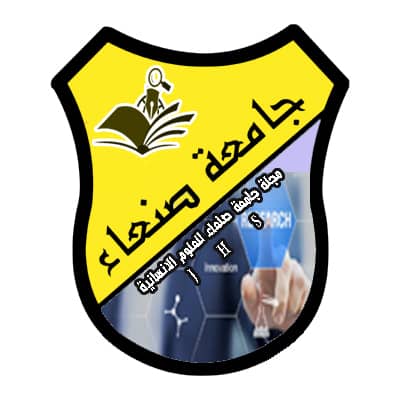The Quality of Translation Courses in Public and Private Universities in Hodeidah: A Comparative Study
Main Article Content
Abstract
This study aims to critically investigate the educational quality of translation program courses offered by public and private universities in Hodeida city, Yemen, with a focus on how the institution type affects the quality of education. The main objective of this study is to identify the strengths and weaknesses of educational quality standards. To collect data for this study, the study employed a Classroom Observation Checklist tool, which includes 30 items distributed across six distinct metrics ranging from curriculum structure to teaching methodologies. Consequently, the collected data was analyzed using the descriptive statistical analysis program (SPSS). The findings revealed that there is a significant difference in educational quality between public and private universities, including content organization and technology integration. Additionally, results found that the effects of the institution type on graduates’ efficiency have valuable insights for students, decision-makers, and curriculum developers and designers alike. This study is vital for providing several educational recommendations and necessary suggestions for further analytical studies, which will significantly assist to comprehend and enhance the educational quality of translation programs in general and more particularly in the Yemeni context.
Downloads
Article Details

This work is licensed under a Creative Commons Attribution-NonCommercial-NoDerivatives 4.0 International License.

